The session will highlight the pivotal role of contractors in driving energy-efficient building delivery through "Design for Performance"; identifying the risks and opportunities around data and discussing the collaborative approach needed to bridge the performance gap.
Contractors play a pivotal role in the delivery of low energy intensity buildings through the holistic application of "Design for Performance" principles. By actively engaging with the design process, contractors can integrate energy-efficient solutions from the construction phase, contributing significantly to the realisation of sustainable building performance objectives.
The power and importance of data cannot be overstated. For contractors, harnessing data analytics and performance metrics, offers a unique opportunity to understand, optimise, and validate the performance of buildings.
This data-driven approach facilitates informed decision-making at every stage, from design and construction through to handover and in-use. Similarly, for customers, access to performance data empowers them to make informed choices aligned with their sustainability goals, while also enabling them to monitor and verify the ongoing operational performance of the building.
The efficient utilisation of data, acts as the linchpin in closing the performance gap, enabling contractors and customers to identify potential deviations from design expectations and take corrective actions. This underscores the critical need for collaboration, transparency, and accountability throughout the entire lifecycle of the building, from conception to occupancy.
Ultimately, by optimising the process through data-driven insights, contractors and customers can jointly drive the realisation of low energy intensity buildings, unlocking long-term operational efficiency and environmental sustainability.

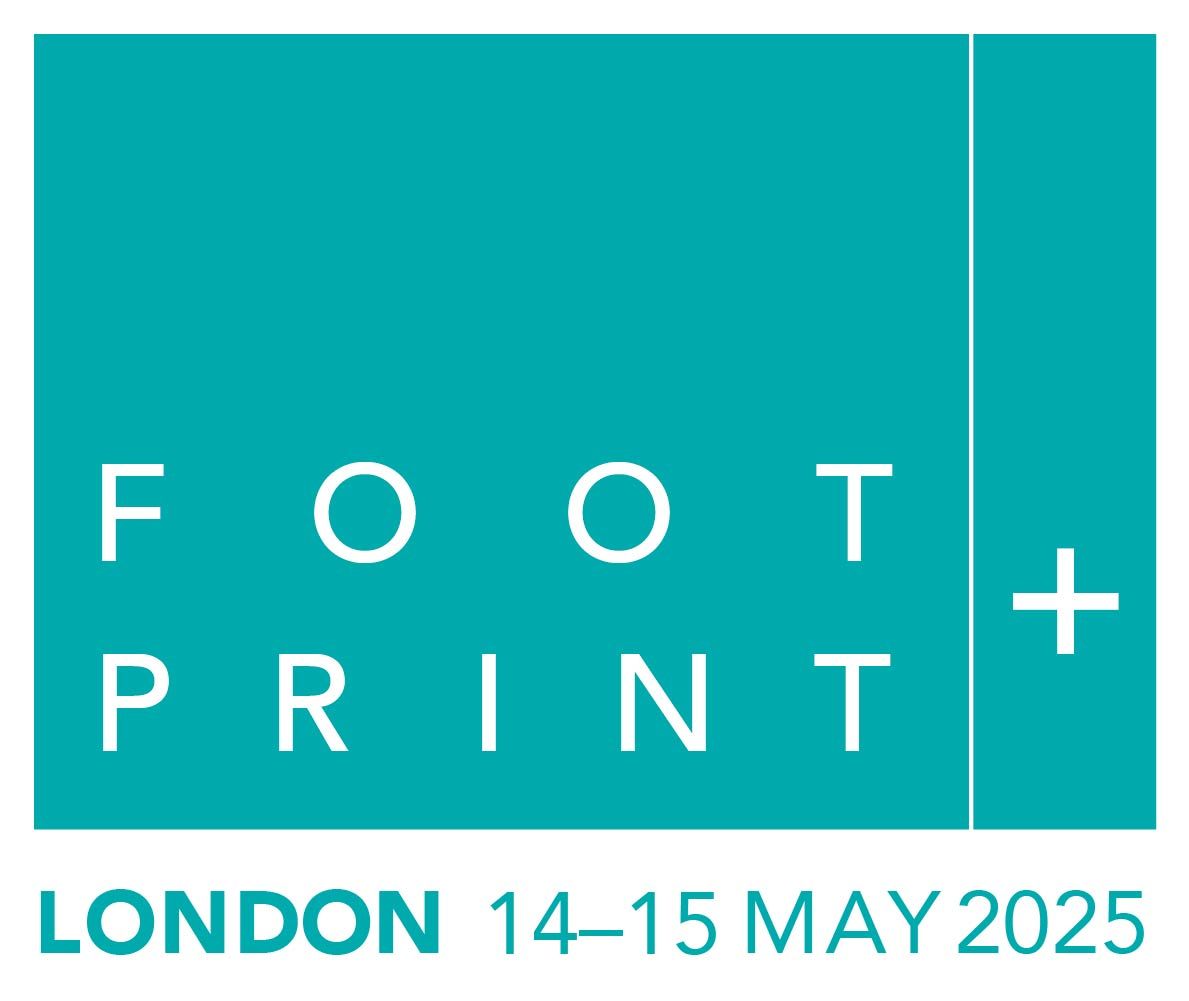

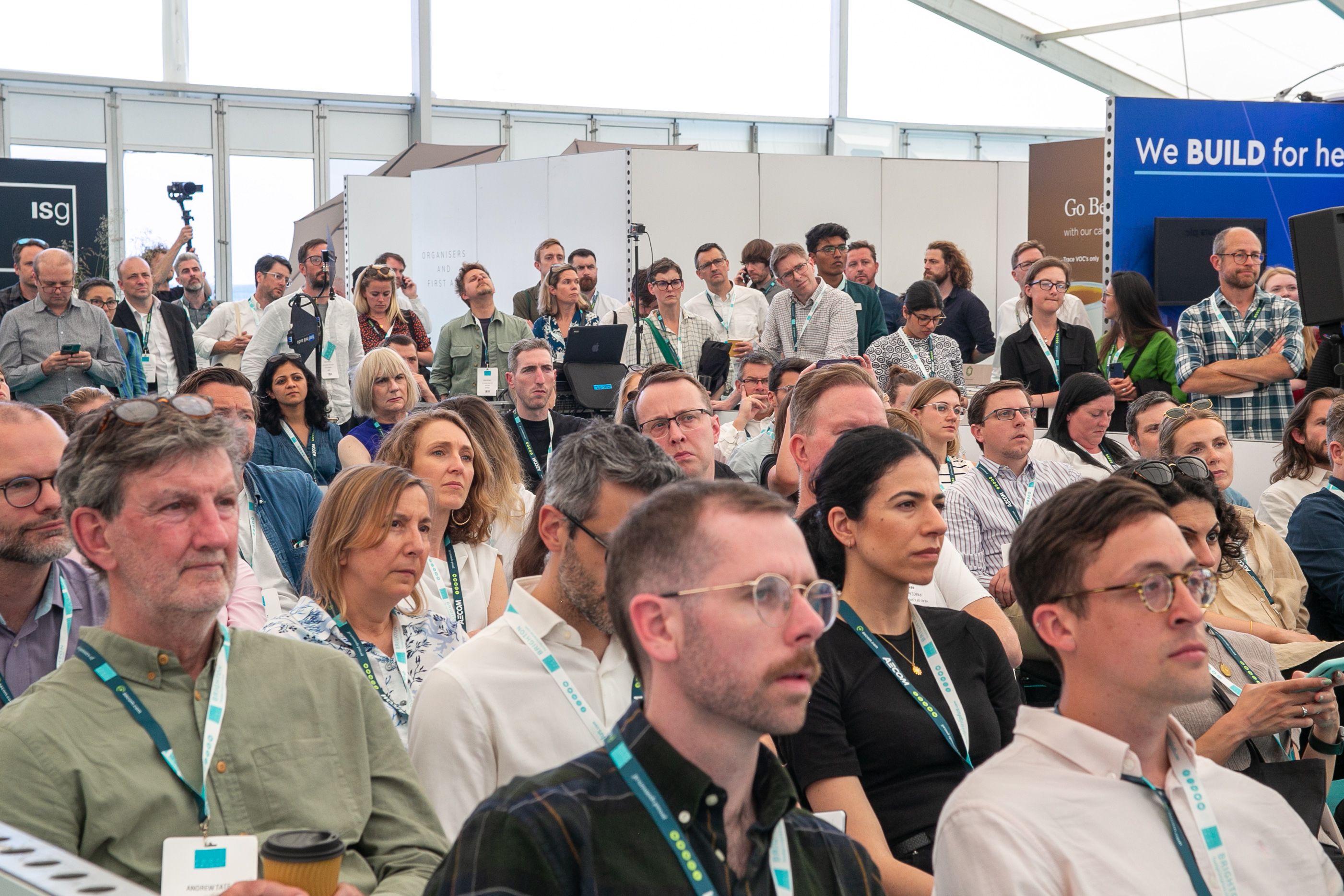

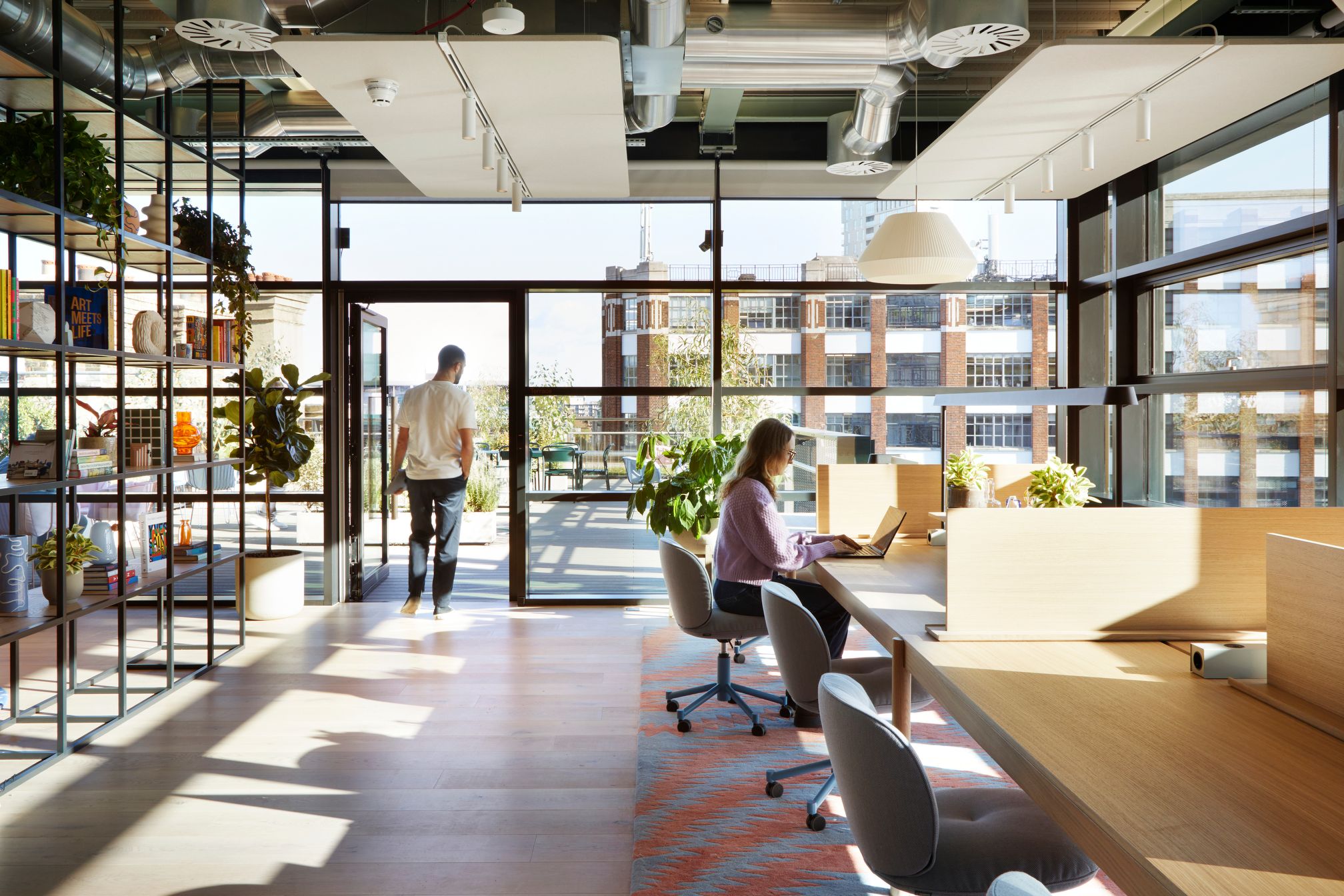
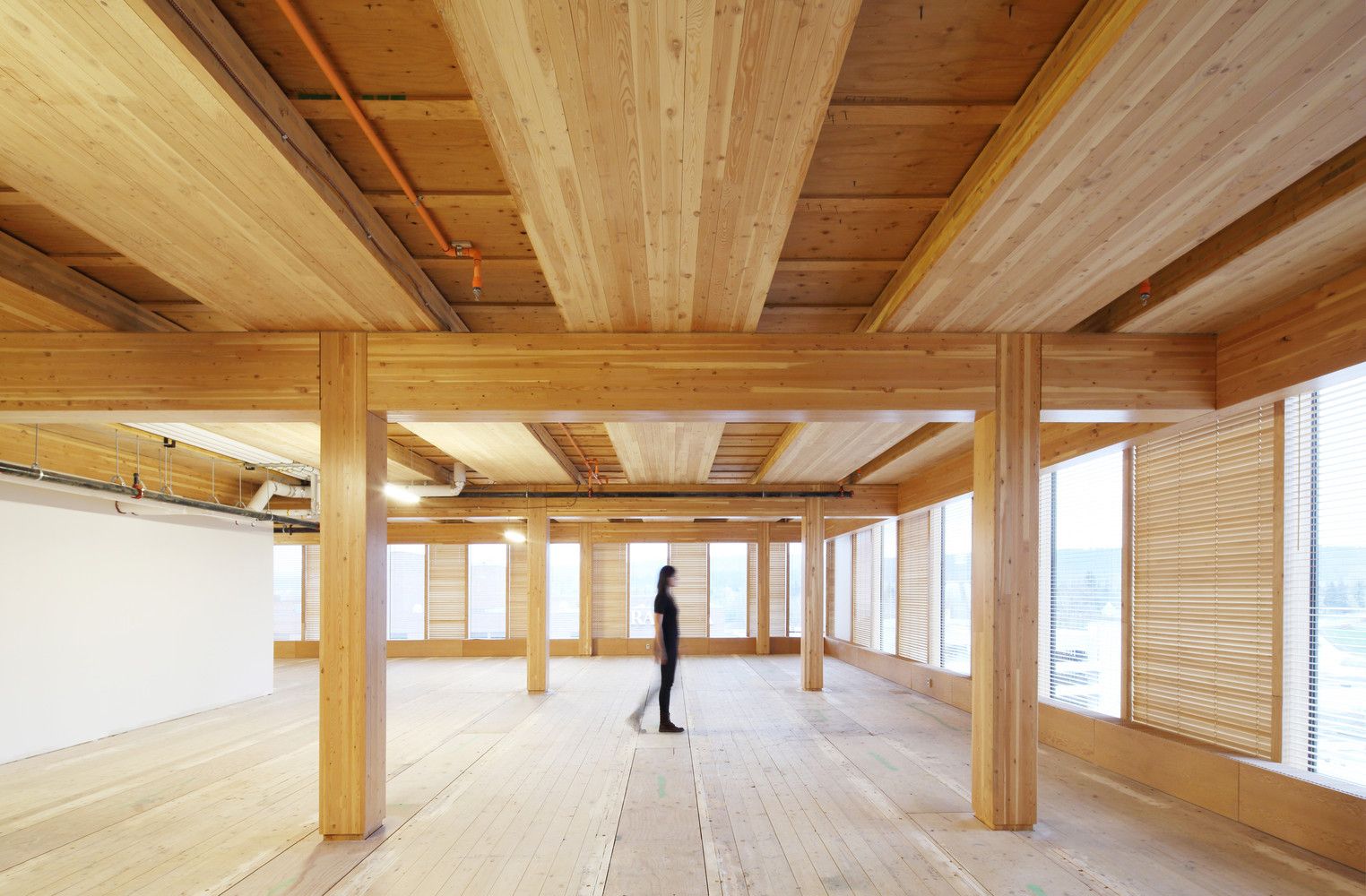

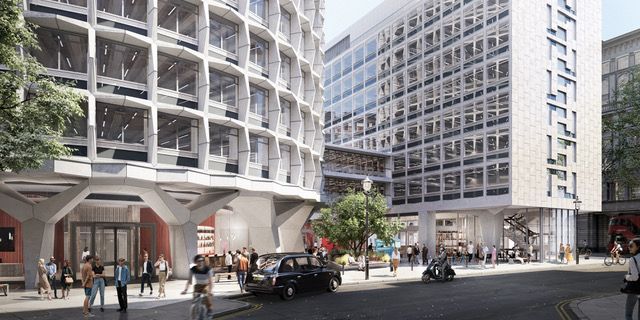

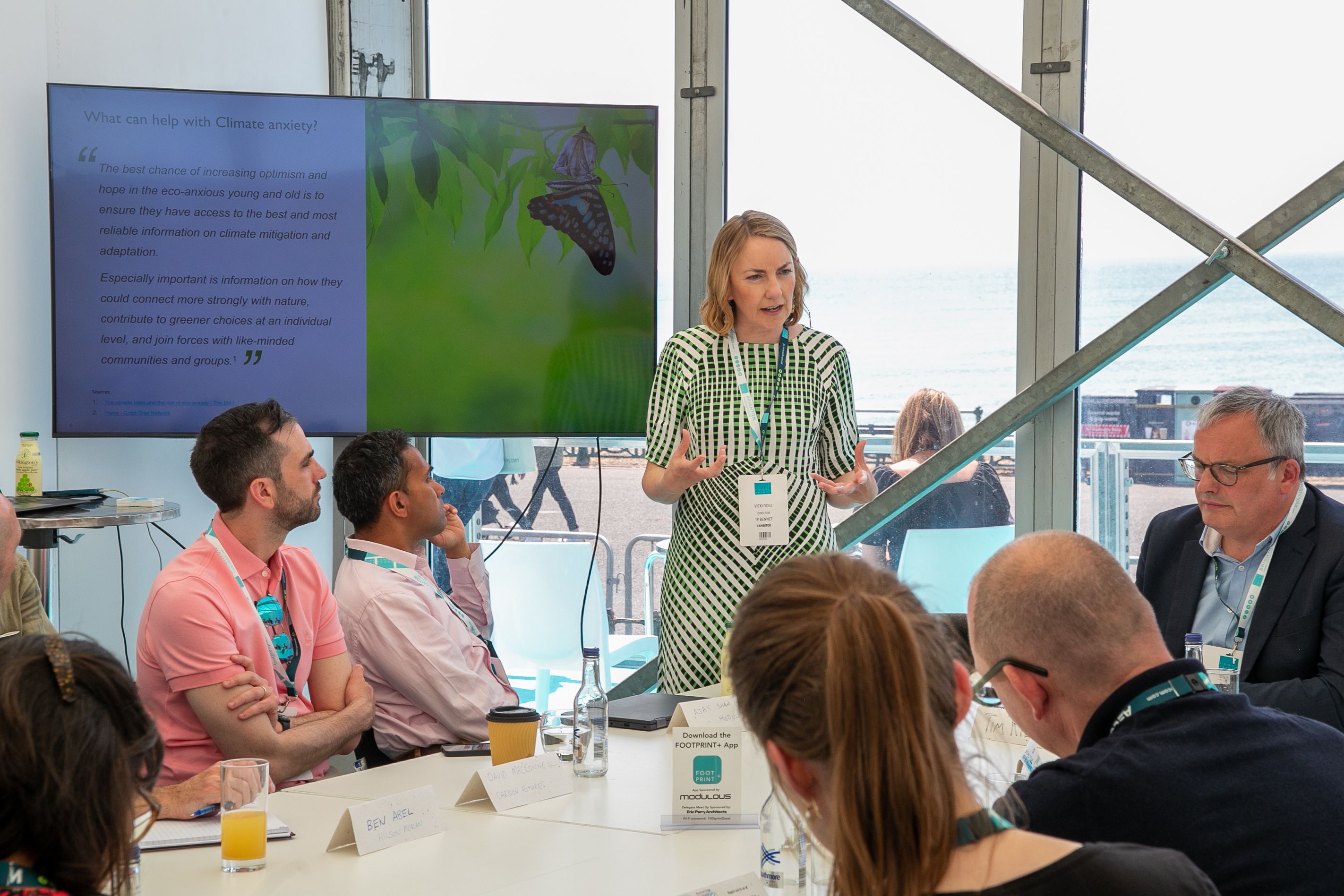
)
)
)
)
)
)

)
)
)
.png)
)
)
)

.png)


)

)
)
)


)
)

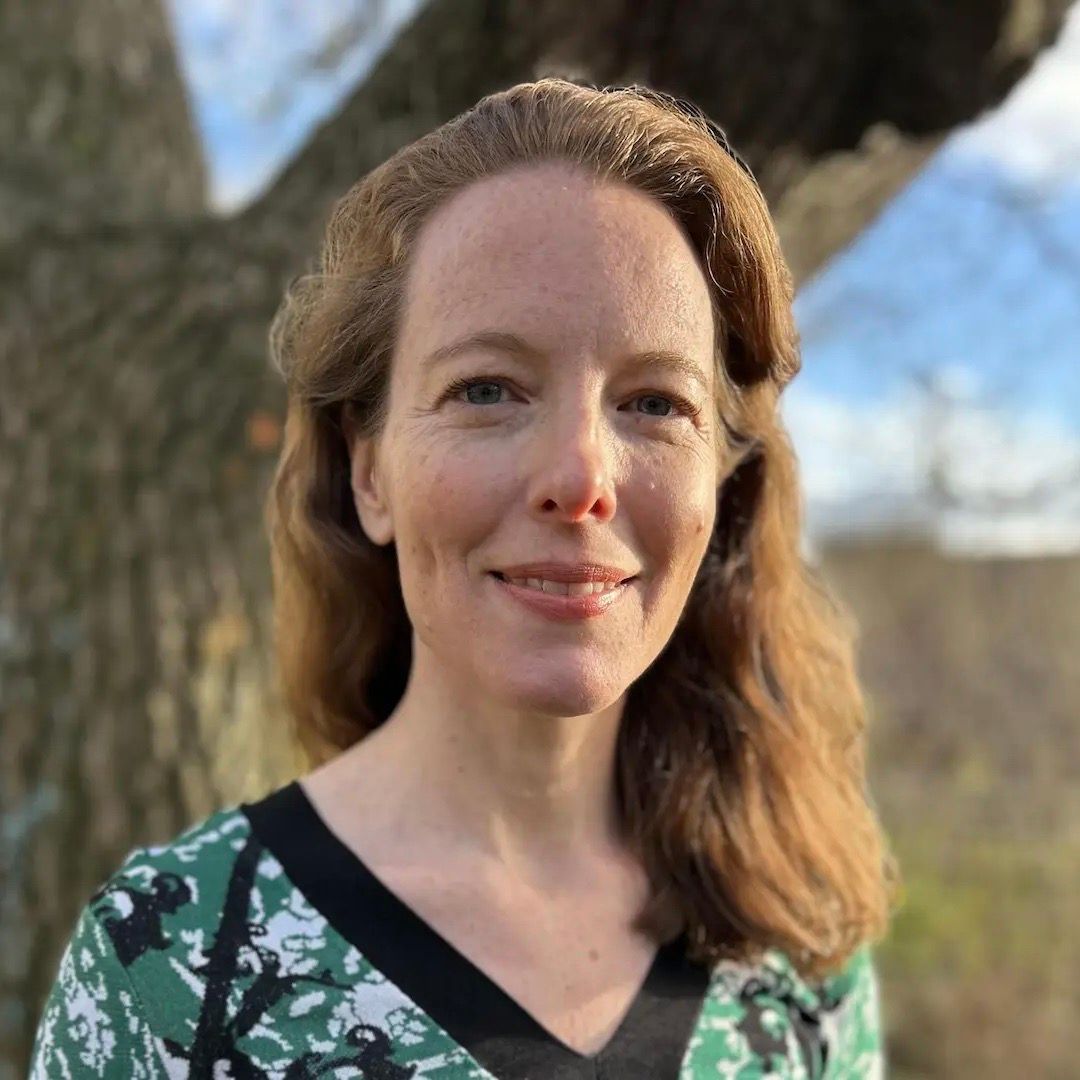
)
)
)
)
)

)
)
)

)
)
.png/fit-in/120x9999/filters:no_upscale())
)

)
)
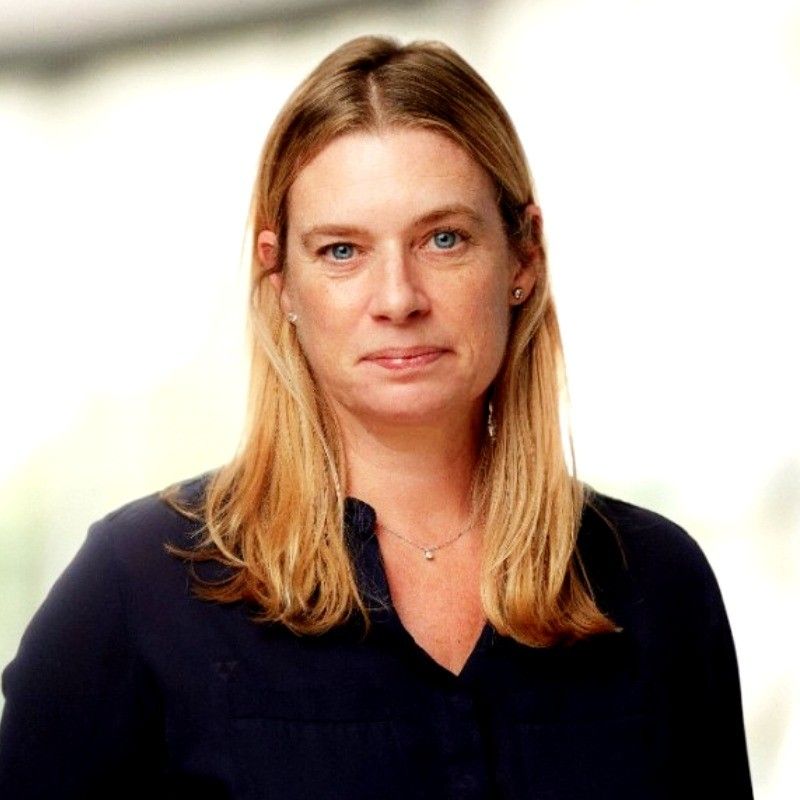
)

)
)
)
)
)


)
)

)
)